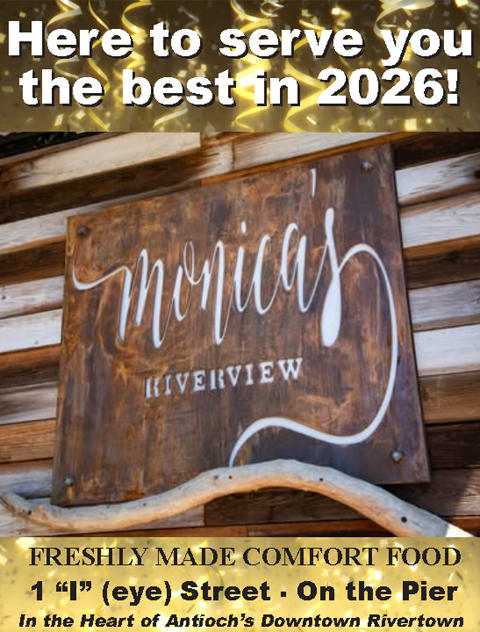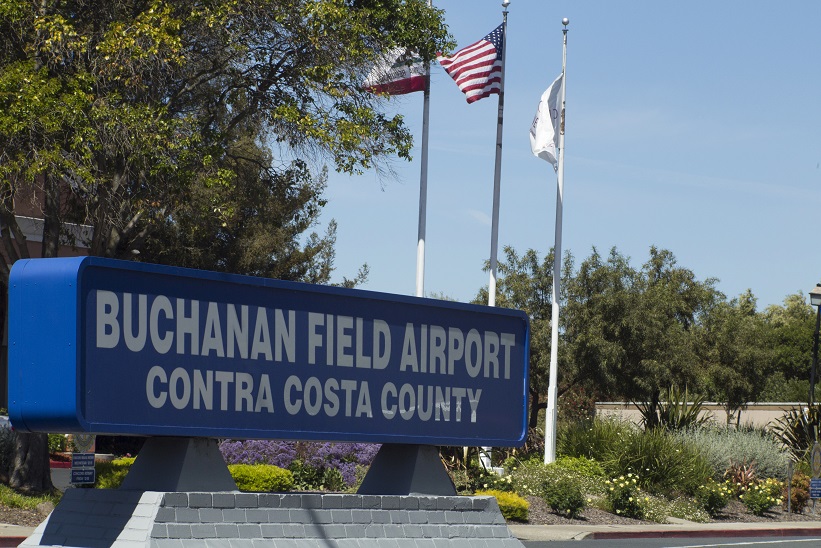
Photos courtesy of Contra Costa County.
Approve spending $41,000 for sideshow deterrence project
By Daniel Borsuk
Airplane tenants at the county’s two airports – Buchanan Field Airport and Byron Airport – will see hangar and tie-down rental rates decline as a result of the Contra Costa County Board of Supervisors concurring with an airports staff analysis that the rates charged at the two airports are non-competitive. The lower rates go into effect Jan. 1, 2019.
Supervisors voted 5-0 in approving the rate reductions at a meeting on Tuesday in Martinez.
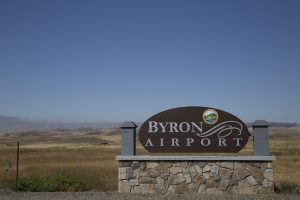 Overall, the lower rates will mean the county will receive $65,514 less annual revenue for the Airport Enterprise Fund, the fund that financially operates the two airports. Unlike other county departments or operations, the two airports are run as financially self-sustaining public use facilities in accordance with the Federal Aviation Administration.
Overall, the lower rates will mean the county will receive $65,514 less annual revenue for the Airport Enterprise Fund, the fund that financially operates the two airports. Unlike other county departments or operations, the two airports are run as financially self-sustaining public use facilities in accordance with the Federal Aviation Administration.
A market survey County Director of Airports Keith Freitas and his staff conducted on the county airports’ regional competitors including Livermore, Hayward, Napa, Sonoma, Stockton, and Nut Tree showed that rates at the two Contra Costa County airports were “on the high end of the rate range.”
“To best position Buchanan Field and Byron Airports to be regionally competitive, the new hangar and tie-down rates have been lowered and they will adjust every three years instead of annually,” Freitas wrote in his report to the supervisors. This will permit the Airports Division to “react and behave more like a business in order to successfully compete for marketplace in the region.”
There is currently a six-month wait for a hangar at the two airports, the airports director said and he would like to see that wait period decline even more over time.
The county’s tie-down rates are less than 40 percent occupied, the airports director’s report stated.
Pleasant Hill resident Tom Weber, who is not a pilot, supported the lower airport rates because “We need to be competitive. Our rates have been too high.”
Supervisor Diane Burgis of Brentwood, who serves on the Airports Commission, foresees how the lower hangar and tie-down rates at the airports could potentially spark “so many opportunities” in the county. She cited how the airports could be catalysts for “really good jobs for the Northern Waterfront,” an area currently undergoing an extensive county planning study for future development.
$41,000 Sideshow Deterrence Project OK’d
Without out any comment, supervisors approved a $41,000 anti-sideshow project at the intersection of Alhambra Valley Road and Bear Creek Road. The supervisors approved the item on their consent agenda.
At the request of District 1 Supervisor John Gioia, who has received complaints from citizens about illegal sideshow activities (spinning circles and other illegal vehicular stunts) at the intersection, the county Public Works Department plans to take preventive action.
“The project consists of installing a series of 6-inch and/or 8-inch raised ceramic domes at the four approaches to the intersection,” Brian M. Balbas, Public Work Director/Chief Engineer wrote in this report to the board.
“The ceramic domes will be strategically placed along the centerline striping and in the shoulder areas. The intent of the raised features is to provide a visual, auditory, and sensory deterrence, while minimizing the impact to most road users who follow the vehicle code. The project will test if raised ceramic domes have intended deterrent effect on sideshow activities.”
But when the Contra Costa Herald contacted Balbas, the county public works chief wasn’t too optimistic that the ceramic domes will spoil the enthusiasm of the sideshow participants. “They’ll find a way to either scrape them off or demolish the ceramic domes in order continue their sideshows,” he said.
Supervisors also heard Arthur Road resident Jonathan Katayanagi describe how sideshows and speeding cars have made his neighborhood dangerous for children and anyone living in the area. Recently there was an auto accident on Arthur Road, sparking increased concerns about sideshows and dangerous auto stunts. Katayanagi told the Herald perhaps his neighborhood should also get the ceramic dome street treatment like what Public Works will soon install at Alhambra Valley Road and Bear Creek Road.
Proclaim October Diaper Need Awareness Month
Supervisors unanimously proclaimed October as Diaper Need Awareness Month in Contra Costa County as part of a countywide effort to raise public awareness and action to donate diapers to diaper banks, diaper drives, and organizations that distribute diapers to families in need.
Supervisors acknowledged the works of Sweet Beginnings Family Resource Center for its work to be recognized as the 20th Diaper Bank in California and the work of SupplyBank.Org’s Diaper Kit Assistance that distributes 18,000 TalkReadSign branded diapers and 36,000 baby wipes per month through the Concord Women and Children (WIC) Program.
Citing how the high cost of diapers imposes a financial strain, especially on low income families, can account for 14 percent of a monthly budget. Diapers can be purchased with Temporary Assistance for Needy Families (TANF) benefits, but only 27 percent of families with children in poverty receive TANF benefits.
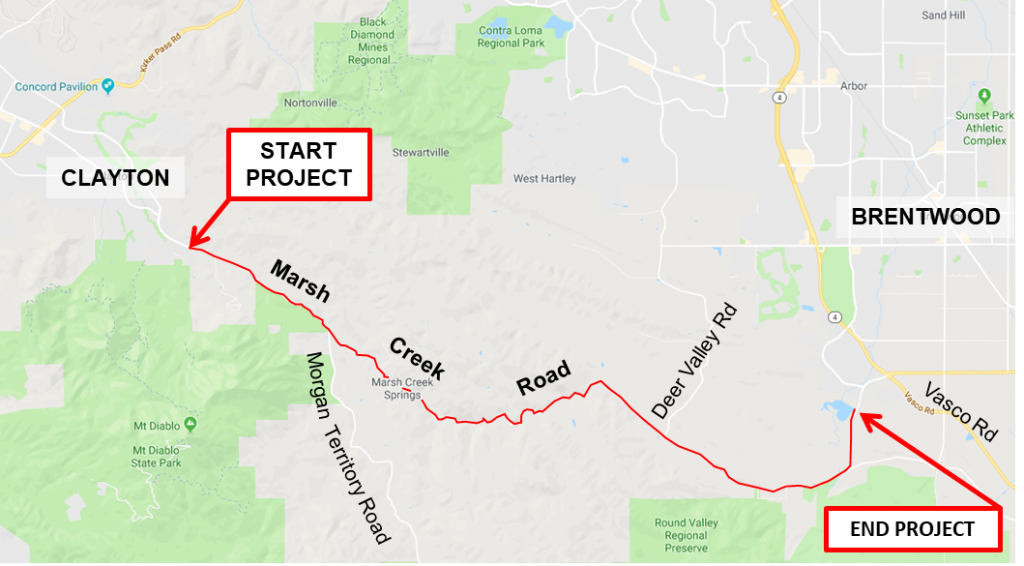











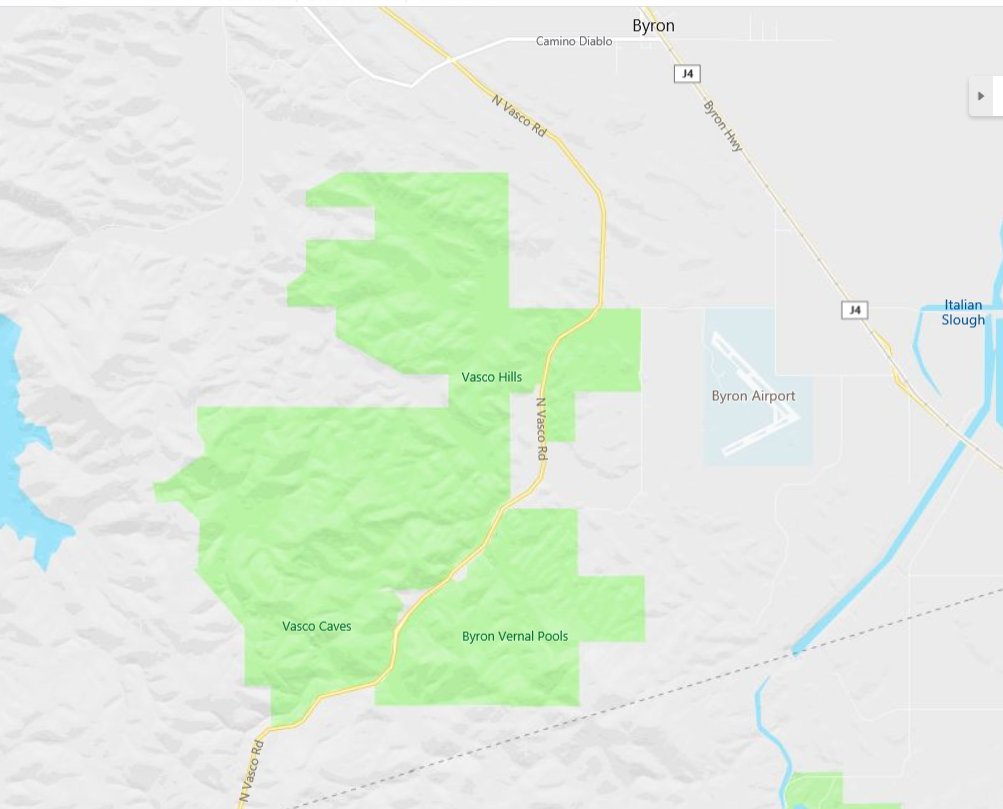
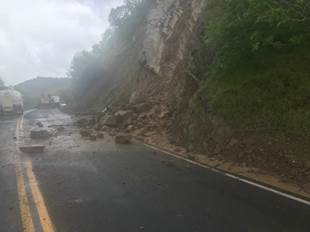
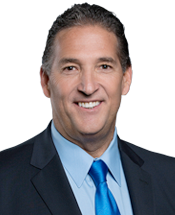
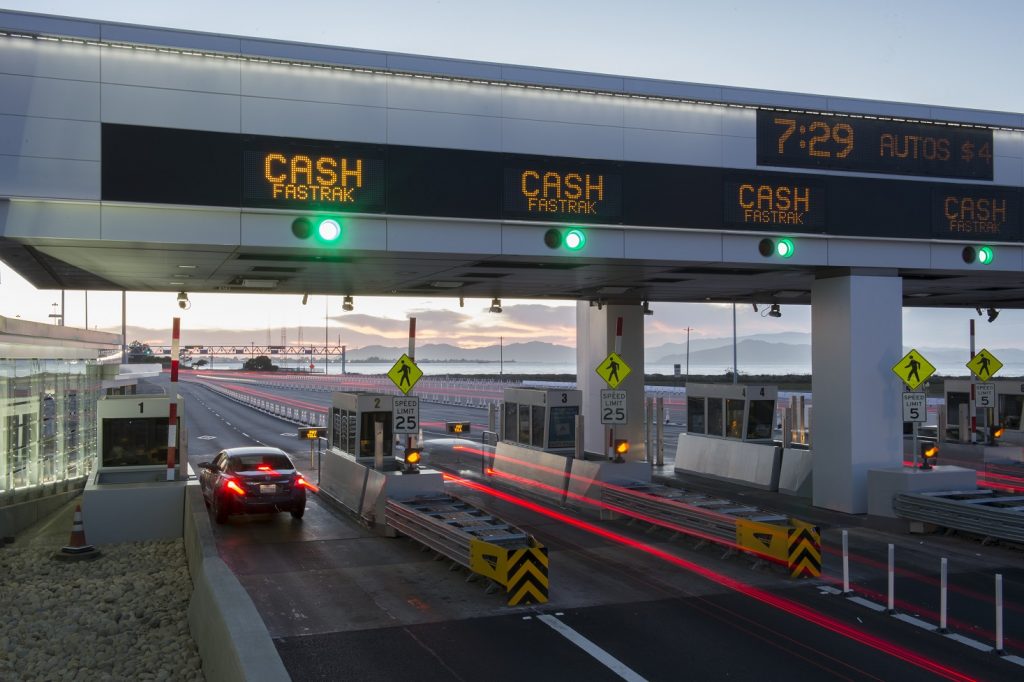
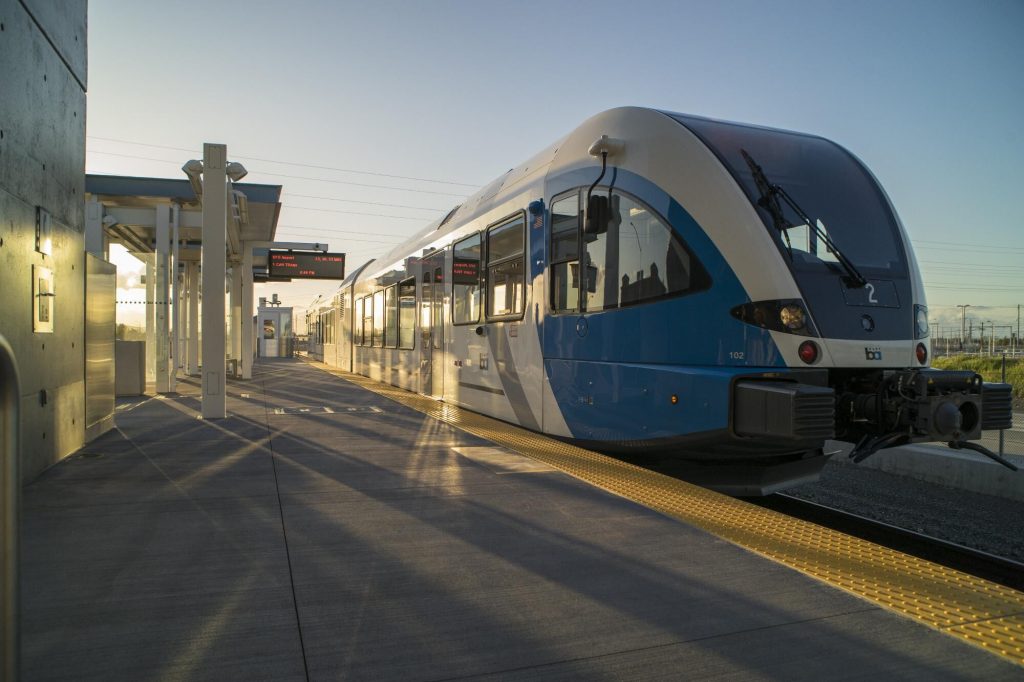

 Overall, the lower rates will mean the county will receive $65,514 less annual revenue for the Airport Enterprise Fund, the fund that financially operates the two airports. Unlike other county departments or operations, the two airports are run as financially self-sustaining public use facilities in accordance with the Federal Aviation Administration.
Overall, the lower rates will mean the county will receive $65,514 less annual revenue for the Airport Enterprise Fund, the fund that financially operates the two airports. Unlike other county departments or operations, the two airports are run as financially self-sustaining public use facilities in accordance with the Federal Aviation Administration.



